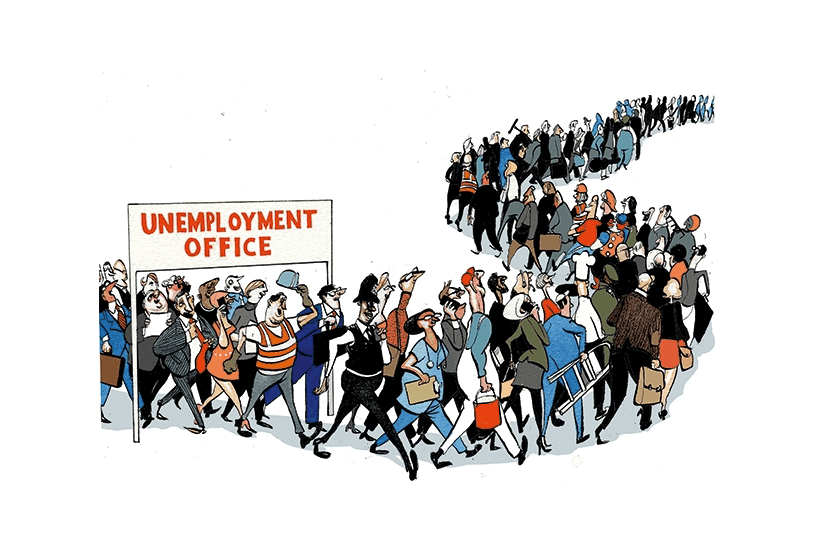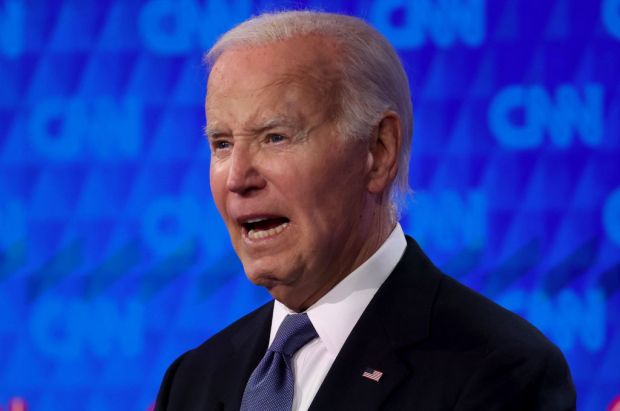Back when Radio 4’s Thought for the Day was original and insightful, Lionel Blue was a regular source of rabbinical wisdom and dodgy jokes. Sometimes he’d come up with a phrase, a concept, that let you see the world in an entirely new way. One certainly changed how I see politics: his notion of ‘moral long-sightedness’.
Already a subscriber? Log in
Subscribe for just $2 a week
Try a month of The Spectator Australia absolutely free and without commitment. Not only that but – if you choose to continue – you’ll pay just $2 a week for your first year.
- Unlimited access to spectator.com.au and app
- The weekly edition on the Spectator Australia app
- Spectator podcasts and newsletters
- Full access to spectator.co.uk
Or





















Comments
Don't miss out
Join the conversation with other Spectator Australia readers. Subscribe to leave a comment.
SUBSCRIBEAlready a subscriber? Log in